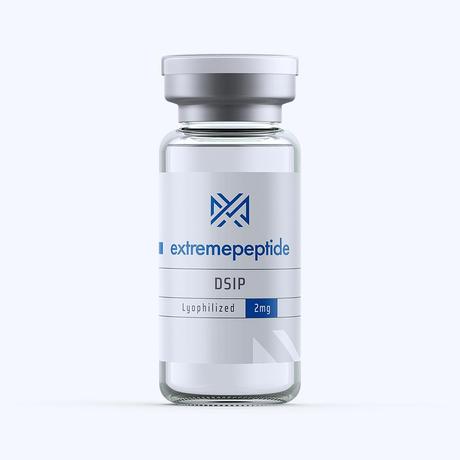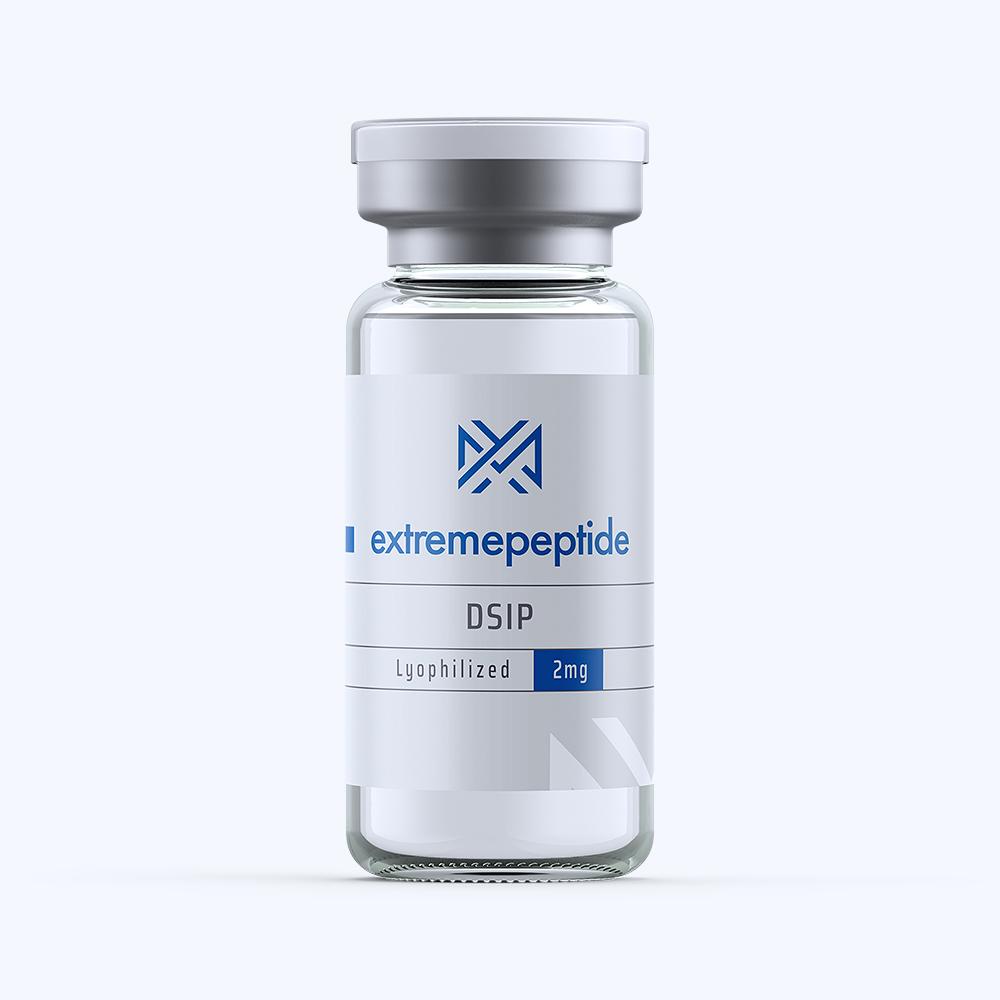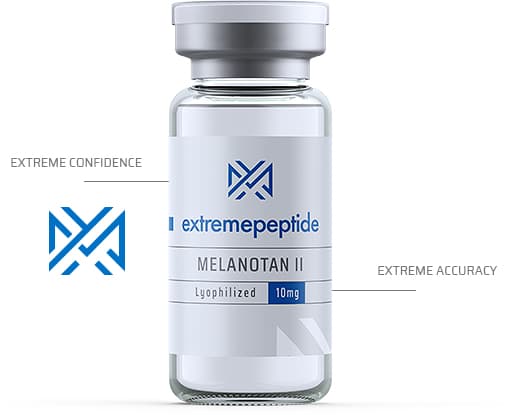Sale!


DSIP
In stock
$29.99$34.99
- Concentration
- 2 mg per vial
Free & Fast
Shipping
Earn
Rewards
Excellent
Service

$29.99$34.99
Free & Fast
Shipping
Earn
Rewards
Excellent
Service
| Property | Value |
|---|---|
| Molecular Formula | C35H48N10O15 |
| Molecular Weight | 848.8 |
| Monoisotopic Mass | 848.33006086 |
| Polar Area | 407 |
| Complexity | 1610 |
| XLogP | -7.1 |
| Heavy Atom Count | 60 |
| Hydrogen Bond Donor Count | 14 |
| Hydrogen Bond Acceptor Count | 16 |
| Rotatable Bond Count | 25 |
| Physical Appearance | Fine White Lyophilized Powder |
| Stability | Lyophilized protein is to be stored at -20°C. It is recommended to aliquot the reconstituted (dissolved) protein into several discrete vials in order to avoid repeated freezing and thawing. Reconstituted protein can be stored at 4°C |
| PubChem LCSS | DSIP Laboratory Chemical Safety Summary |
| Property | Property Value |
|---|---|
| CID | 68816 |
| CAS | 62568-57-4 |
| InChI | InChI=1S/C35H48N10O15/c1-16(41-32(56)20(36)9-18-11-37-21-6-4-3-5-19(18)21)30(54)39-12-25(47)38-13-26(48)44-23(10-29(52)53)34(58)42-17(2)31(55)45-24(15-46)33(57)40-14-27(49)43-22(35(59)60)7-8-28(50)51/h3-6, 11, 16-17, 20, 22-24, 37, 46H, 7-10, 12-15, 36H2, 1-2H3, (H, 38, 47)(H, 39, 54)(H, 40, 57)(H, 41, 56)(H, 42, 58)(H, 43, 49)(H, 44, 48)(H, 45, 55)(H, 50, 51)(H, 52, 53)(H, 59, 60)/t16-, 17-, 20-, 22-, 23-, 24-/m0/s1 |
| InChIKey | ZRZROXNBKJAOKB-GFVHOAGBSA-N |
| Isomeric SMILES | C[C@@H](C(=O)NCC(=O)NCC(=O)N[C@@H](CC(=O)O)C(=O)N[C@@H](C)C(=O)N[C@@H](CO)C(=O)NCC(=O)N[C@@H](CCC(=O)O)C(=O)O)NC(=O)[C@H](CC1=CNC2=CC=CC=C21)N |
| Canonical SMILES | CC(C(=O)NCC(=O)NCC(=O)NC(CC(=O)O)C(=O)NC(C)C(=O)NC(CO)C(=O)NCC(=O)NC(CCC(=O)O)C(=O)O)NC(=O)C(CC1=CNC2=CC=CC=C21)N |
| IUPAC Name | (2S)-2-[[2-[[(2S)-2-[[(2S)-2-[[(2S)-2-[[2-[[2-[[(2S)-2-[[(2S)-2-amino-3-(1H-indol-3-yl)propanoyl]amino]propanoyl]amino]acetyl]amino]acetyl]amino]-3-carboxypropanoyl]amino]propanoyl]amino]-3-hydroxypropanoyl]amino]acetyl]amino]pentanedioic acid |
Generated by Extreme Peptide with Open Babel, version 2.3.1, http://openbabel.org (accessed April 20, 2025)
Accurate research is our priority.
Get 25% off your first order and all the latest information on events, sales, & offers.
We care about keeping your data private. Read our Privacy Policy.

